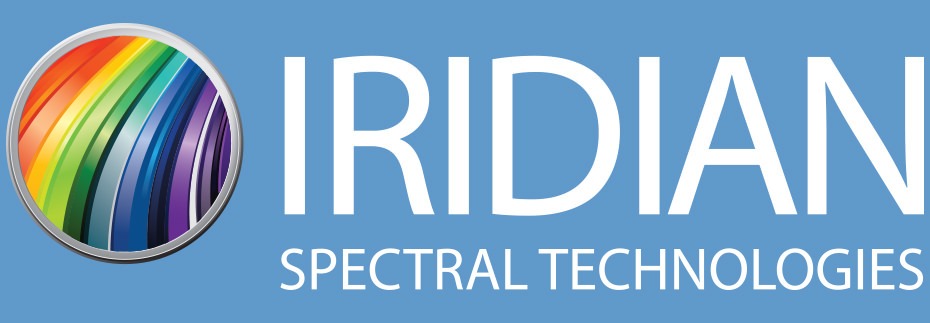Research astronomers around the globe observe objects that are millions of light years away from the earth, but deep sky observations are not the only area of interest. Fascinating discoveries are also made on: our nearest star, the sun; planets in our solar system; and the companions of those planets, the moons. Besides that, there are plenty of other objects in our solar system, such as comets and asteroids, that deliver new insights for astronomers. However, observing this extreme variety of astronomical objects naturally comes with a variety of challenges.
The intrinsic characteristics of different astronomical objects of interest, such as their spectral regions of emitted or scattered light, must be considered for proper observation. Consider the difficulties associated with extracting relevant scientific data from the spectrum of distant stars, or the faint structures of remote galaxies, and the challenges therein begin to become apparent.
This is where optical filters come into play. Sometimes referred to as astronomical filters, optical filters for astronomy fulfil the purpose of enhancing contrast and details in the observation of an object. On a professional level, off-the-shelf optical filters rarely meet the requirements of astronomers for the best fit on their equipment or the best solution for their observation approach. That is why custom optical filters play a major role in astronomy.
How Customized Filters are Selected
The selection process for custom optical filters for astronomy rarely focuses on the customer choosing between narrow band filters versus broadband filters. It is about communicating specific functional needs to designers who can meet their specifications.
Optical engineers are the experts for the technical details that are most relevant for the optimal custom optical filter. They know exactly what can be implemented from an engineering point of view. Astronomers on the other hand know exactly which boundary conditions must be met for ideal observation conditions. They know the science, but they do not necessarily have to be technical expert in optical filter technology. Based on the scientific requirements, engineers therefore can offer the best technical solutions for custom optical filters in all astronomical fields.
Examples for Customization Options
There are many aspects to consider regarding designing custom optical filters for astronomy. Most obvious and therefore most significant is the scientific spectral line or spectral region of interest. Requirements can range from very narrow bandpass filters to multi-spectral array solutions, or dichroic filters which cover a large spectral bandpass range. The size of an optical filter for example needs to be considered for an astronomical setup as well. It is recommended to clarify, if the optical filter can be provided in the required optical quality for a specific size.
Looking for Custom Optical Filters?
At Iridian we offer custom optical filters for astronomy by fulfilling exactly your requirements to achieve your scientific goals at best. Our engineers listen to your needs to provide the best solution for custom optical filters in your astronomy application. For more information, please contact us today via email (istsales1@idexcorp.com) or by phone +1 (613) 741-4513.
